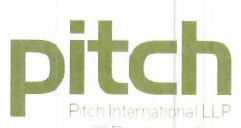The globalized world we live in makes it clear: science and technology must be available throughout the world equally. That is where technical translation comes into play.
Accuracy is the guiding principle for the whole translation industry. To perform technical translations of high quality, being a language professional and a subject matter expert at the same time is a must. Besides, it requires more preparation than any other translation, since industry-specific terminology and concepts may be a hard nut to crack.
Technical translation involves a number of details:
A good technical translator possesses mastery over their target language, special terminology, proper style, tone, and meaning. It should be a person with an unprejudiced mind to perceive and process the necessary information. Moreover, a translator must be aware of newer terminologies and any recent changes and breakthroughs, as technology is dynamic in nature.
Technical translation rates are often above average. Reliable technical translators are always in high demand. More than that, subject matter pros, linguistic experts, culturally sensitive resources that provide great accuracy and precision are quite hard to find.
For more details, you may check out the source article.
 .
.

 Pitch International worked with Lingvista on a shoot to Saint Petersburg and Sochi for the weekly television show 'FIFA Football'...
Pitch International worked with Lingvista on a shoot to Saint Petersburg and Sochi for the weekly television show 'FIFA Football'...
» Read more Production Manager, Pitch International LLP Kate Robertson